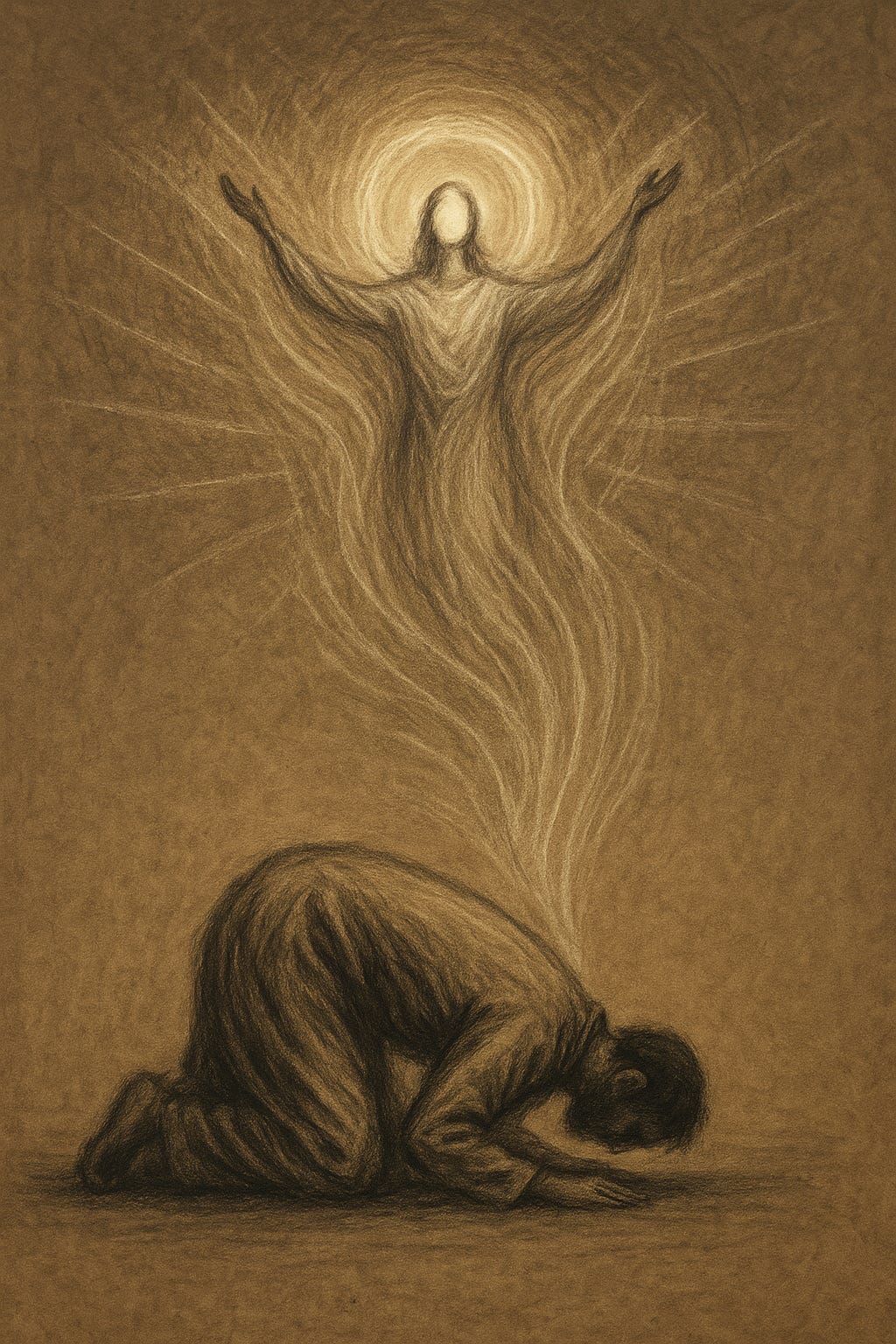The Great Soul: What Sets the Martyrs Apart from the Rest of Us
How the Loftiness of the Soul Determines One’s Destiny — from Seeking Comfort to Embracing Sacrifice
What is the real difference between us and the martyrs?
Is it strength? Wealth? Intelligence?
No — the answer lies much deeper.
It lies in the size and strength of the soul.
An Arabic saying reminds us:
“When souls grow great, the bodies grow tired following them.”
This timeless wisdom reveals a powerful truth:
A lofty soul elevates the body to greatness, even if it must endure pain, poverty, or death.
But a small soul sinks into the body’s cravings, chasing comfort and vanity — even if it leads to humiliation.
The Small Soul: Chained to Comfort
A person with a small soul serves their body like a slave. Their decisions are ruled by hunger, status, and social approval. For them:
A bite of food is worth begging or flattering others.
Status is worth trading away dignity.
Comfort is worth every form of humiliation — just to sit on a nicer sofa or sleep more peacefully at night.
This is the soul that Allah warns us about:
“Have you seen the one who takes his own desire as his god?”
— Quran, Surah al-Jathiya, Chapter 45, The Kneeling, Verse 23
Such a person might appear successful — but their soul is imprisoned.
The Great Soul: Master of the Body
A person with a great soul flips the equation.
They tell the body:
“You will eat dry barley bread. You will stay up at night in worship. You were created to serve the soul — not the other way around.”
This was the way of Imam Ali ibn Abi Talib (AS). In Nahj al-Balagha, he declares:
“By Allah, your world is more contemptible to me than a chewed bone in the mouth of a leper.”
— Nahj al-Balagha, Sermon 3
Elsewhere, he says:
“This worn-out shoe is more valuable to me than ruling over you — unless I can establish justice.”
— Nahj al-Balagha, Sermon 33
Such a soul is not swayed by gold, titles, or comfort. It is moved only by truth, worship, and dignity.
The Soul That Walks Toward Ashura
This was the soul of Imam Husayn ibn Ali (AS).
He suffered over 300 wounds on the Day of Ashura. His chest was crushed under galloping horses. His body was torn — but his soul was never shaken.
Why?
Because his soul was vast — too vast for this world to contain.
He wrote before leaving for Karbala:
“I did not rise out of selfishness or arrogance or corruption or oppression. I rose to seek reform in the nation of my grandfather — to enjoin good and forbid evil, and to follow the path of my father, Ali ibn Abi Talib.”
— Imam Husayn (AS), Testament to Muhammad ibn al-Hanafiyya
This was not the voice of a politician.
It was the roar of a great soul commanding a body to give its blood for truth.
The Radiance of a Martyr
This is why the word "martyr" (shaheed) glows with a sacred light.
It belongs to one who refused to live small, who refused to be silent in the face of injustice, and who gave meaning to every drop of blood.
“Do not say of those who are killed in the way of Allah, ‘They are dead.’ No — they are alive, though you do not perceive it.”
— Quran, Surah al-Baqarah, Chapter 2, The Cow, Verse 154
A martyr’s body may fall — but their soul rises.
The Choice Before Us
So what separates us from the martyrs?
Not opportunity. Not history.
But the state of our soul.
Do we live to serve the body, or does the body serve our higher calling?
Do we chase ease, or do we chase purpose?
A small soul lives to consume.
A great soul lives to transform.
Let us feed our souls with sincerity, worship, and sacrifice — for only when the soul grows great… can the body follow.
Reference: Ali Reza Panahian


